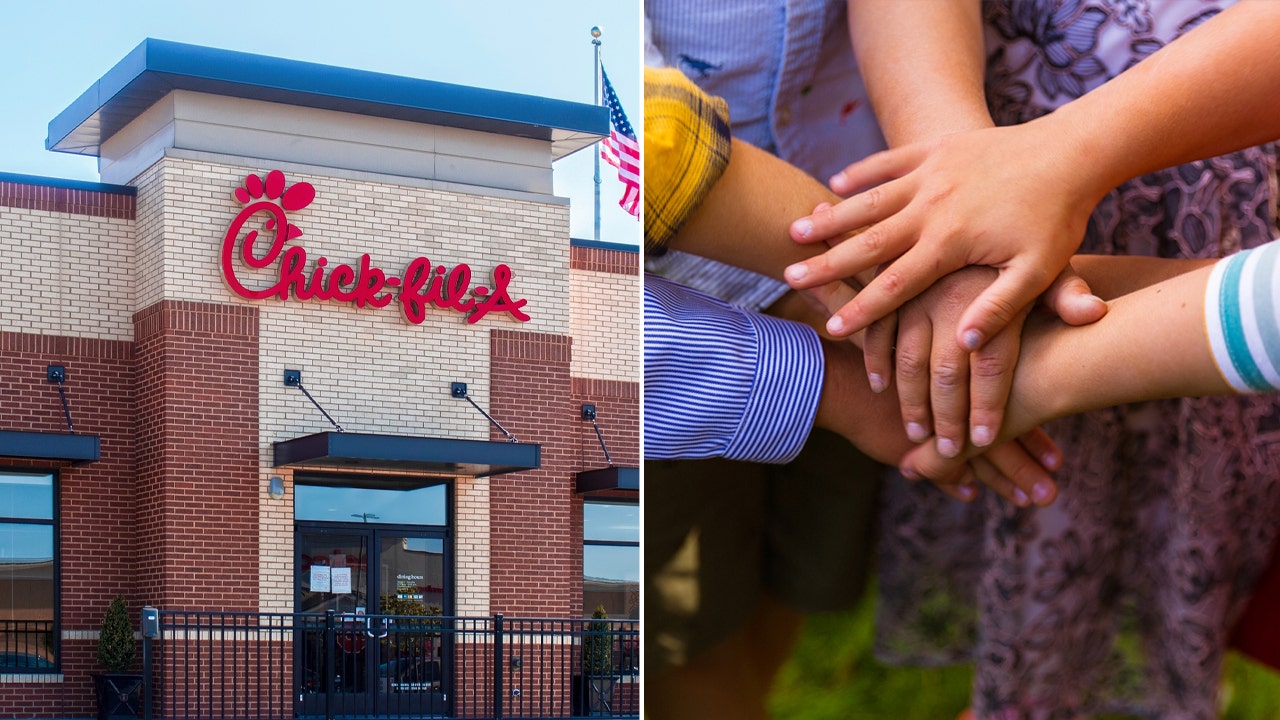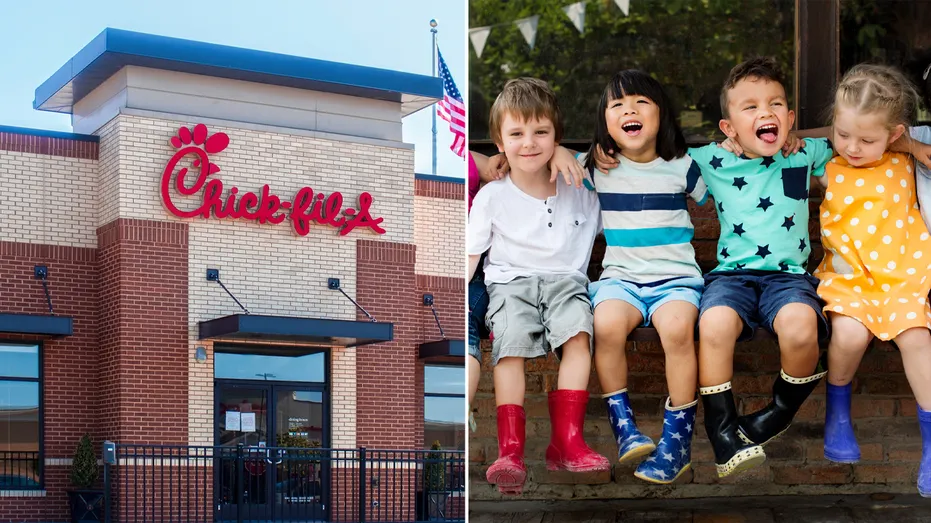A Chick-fil-A franchise in Hammond, Louisiana, has sparked debate with its announcement of a “summer camp” program designed to teach children “how to be a Chick-fil-A worker” for $35 per session. The camp, aimed at children aged 5 to 12, promises a behind-the-scenes look at the fast-food restaurant, complete with a kid’s meal, T-shirt, name tag, and snack for the fee.

Introducing the Chick-fil-A Summer Camp
The Hammond Chick-fil-A, located about 45 miles northwest of New Orleans, promoted its first-ever summer camp on June 5 via Facebook. The program, set to begin in mid-July, offered children a unique opportunity to experience the inner workings of the restaurant. The announcement quickly garnered attention, filling all available slots within 24 hours. Participants would receive various perks alongside the three-hour session, which included practical activities and a meal. The overwhelming response prompted the store to open additional slots, which were also quickly booked.
Mixed Reactions from the Public
The concept of a fast-food summer camp elicited a range of reactions. Some praised the initiative for teaching children work ethic and responsibility, while others condemned it as exploitative. Critics likened the camp to child labor, expressing discomfort with the idea of children working in a commercial kitchen. Commenters on the announcement voiced their concerns, highlighting potential safety risks and questioning the qualifications of the camp staff. Rhiannon Thornburg-Vermande questioned whether the staff had proper training and licensure to handle young children safely in a fast-food environment.
Angie Dobransky criticized the program as “horrifying,” accusing Chick-fil-A of making parents pay for their children to perform labor. Erika Verberne echoed these sentiments, questioning whether the public would be as supportive if a company other than Chick-fil-A offered such a program. Despite the backlash, some individuals supported the initiative. Haley Hernandez Maskew praised the program for teaching children about work ethic and responsibility in a fun environment. Monica Reese Fontenot expressed disappointment at missing the opportunity for her son to participate, emphasizing Chick-fil-A’s positive community involvement.
Chick-fil-A’s Response and Clarifications
In response to the controversy, Chick-fil-A representatives clarified that the children would not be performing actual work but participating in activities with employees serving as counselors. However, specifics about the camp’s activities remain unclear, as the company declined to provide detailed information.
The Hammond location is not the first Chick-fil-A to offer such a program. A New Orleans franchise also runs a summer camp from May through August, where children learn various tasks like taking orders and making drinks. Another location in Houston has been conducting a similar camp for six years, featuring activities like bingo and trivia.

Company spokespeople stated that these camps are not profit-driven but are intended to engage with local communities uniquely. Despite the mixed reactions, the summer camps provide an opportunity for children to learn and have fun while gaining insights into the workings of a fast-food restaurant. As the debate continues, the effectiveness and appropriateness of such programs will likely remain a topic of discussion among parents, educators, and the public.
